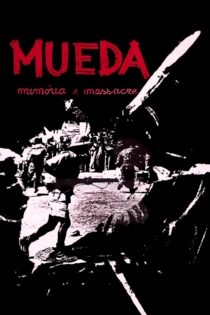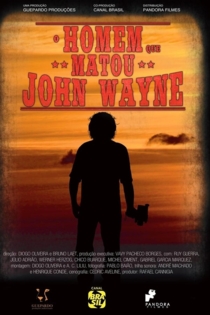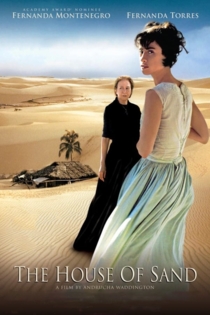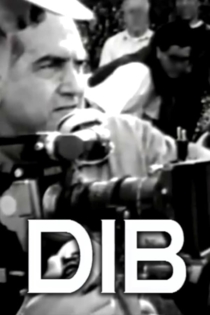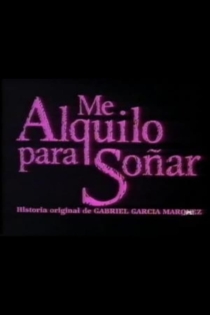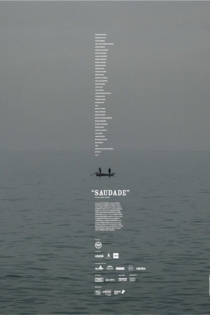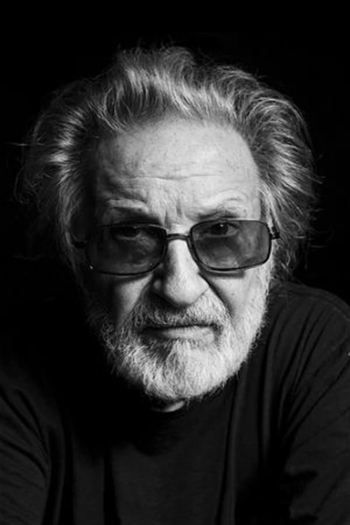
Ruy Guerra
1931 (94 года)Tempo Ruy
Adilson Mendes
Ruy Guerra
A documentary about the work of filmmaker, screenwriter, actor and film director Ruy Guerra. The audiovisual collage presents the director's trajectory, from his first experience with cinema up to his most recent thoughts on his work.
Tempo Ruy
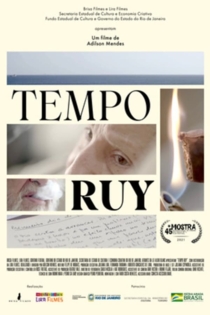
Candango: Memórias do Festival
Lino Meireles
Carlos Diegues, Milton Gonçalves
In 1965, a year after the military coup in Brazil, an oasis of freedom opened in the country's capital. The Brasília Film Festival: a landmark of cultural and political resistance. Its story is that of Brazilian cinema itself.
Candango: Memoirs from a Festival
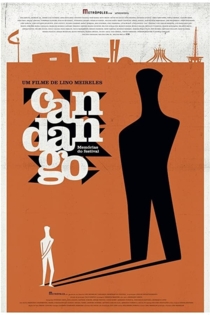
Chico - Artista Brasileiro
Miguel Faria Jr.
Chico Buarque, Marília Pêra
Chico Buarque is a constant presence in Brazil's art scene and makes up its citizen's popular culture. This wealth in music, poems, theater and novels has been created over the last 50 years and in this film Chico Buarque converses about his memories, shows, daily life, work methods, creative process, in summary all his trajectory. The musician’s search for his German brother, whom he never got to meet, serves as one of the axis for the narrative.
Chico - Brazilian Artist
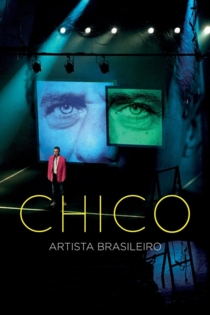
Aguirre, the Wrath of God
Werner Herzog
Klaus Kinski, Helena Rojo
A few decades after the destruction of the Inca Empire, a Spanish expedition led by the infamous Aguirre leaves the mountains of Peru and goes down the Amazon River in search of the lost city of El Dorado. When great difficulties arise, Aguirre’s men start to wonder whether their quest will lead them to prosperity or certain death.
Aguirre, the Wrath of God
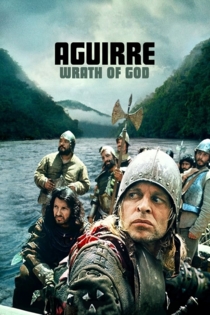
Um Filme de Cinema
Walter Carvalho
Ariano Suassuna, Ruy Guerra
An abandoned tumbledown theater in the outback of Paraíba state is the initial setting of a film about cinema, which explores the testimonials of the novelist and playwright Ariano Suassuna and other filmmakers such as Ruy Guerra, Julio Bressane, Ken Loach, Andrzej Wajda, Karim Ainouz, José Padilha, Hector Babenco, Vilmos Zsigmond, Béla Tarr, Gus Van Sant and Jia Zhangke. They all respond to two basic questions: why do they make movies and why do they serve the seventh art. The filmmakers share their thoughts about time, narrative, rhythm, light, movement, the meaning of tragedy, the audience‘s desires and the boundaries with other forms of art.
About Cinema
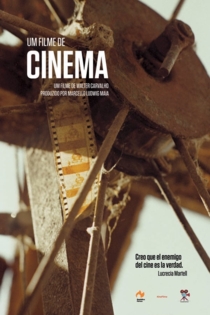
The Guns
Ruy Guerra
Átila Iório, Nelson Xavier
A group of armed soldiers is sent to the Northeast of Brazil in an attempt to stop a famine-struck population from invading and stealing a food deposit in the dry backlands. While the alienation and insanity of people driven to hallucination by their latent hunger is conducted by the predictions of a religious figure, a truck driver observes the situation and remains torn between his friendship with the soldiers and his revolt against the lack of government action in fighting the misery that lingers over the region.
The Guns
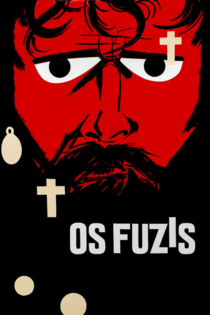
A Queda
Nelson Xavier, Ruy Guerra
Nelson Xavier, Lima Duarte
An accident at a construction site, resulting in one death, sets one worker off on a struggle for justice that exposes the mechanisms of exploitation and the class relations of a country that had undergone one decade of fast-paced ‘conservative modernisation’ at the hands of the military. As a sort of sequel to the classic The Guns (1964), following the fate of those characters as they move from enforcers of exploitation to exploited, it offers more than a snapshot of the period: the correspondent time lapses in fiction and reality capture the passage of a chunk of Brazilian history between the two films, and, therefore, also the transformations in cinematographic approaches to the social and political between the two moments. Equally daring in content and form, and in the originality of the adequacy of one to the other, it won the Silver Bear at Berlin.
The Fall
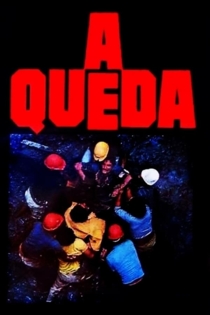
Oblivious Memory
Ruy Guerra
João Miguel, Tony Ramos
Carlos is a man doomed by restless memories, that meets with himself, in a time warp. Young Carlos faces the forgetfulness of old Carlos, who doesn't recognize his own appearance. They get a package. But the package seems odd. The knot that ties, the smell, the handwriting on the envelope: this could only be sent by his father, Ernesto, who has been dead for many years. A father who always created unusual situations. In this time warp, Carlos is split in two: one Carlos remembers and the other forgets the moments he spent with his father.
Oblivious Memory
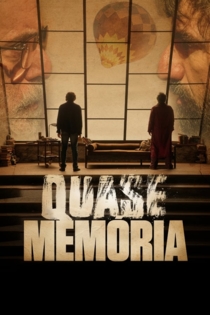
Cinema Novo
Eryk Rocha
Nelson Pereira dos Santos, Glauber Rocha
A deep investigation, in the way of a poetic essay, on one of the main Latin American movements in cinema, analyzed via the thoughts of its main authors, who invented, in the early 1960s, a new way of making movies in Brazil, with a political attitude, always near to people's problems, that combined art and revolution.
Cinema Novo
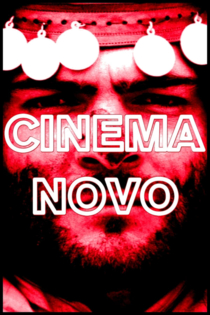
The Unscrupulous Ones
Ruy Guerra
Norma Bengell, Jece Valadão
Upon learning that his rich dad is on the brink of bankruptcy, spoiled Vavá summons his friend Jandir with a plan to get some quick cash: they will blackmail an uncle of Vavá by taking compromising photos of his lover, Leda.
The Unscrupulous Ones
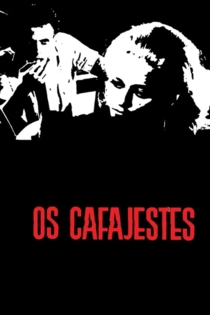
Mueda, Memory and Massacre
Ruy Guerra
Romao Canapoquele, Filipe Gunoguacala
Mueda was a massacre. The name is that of the village in Northern Mozambique where in 1960 it took place. The Portuguese colonial regime did the killing. In independent Mozambique, those inhabitants of Mueda who survived regularly re-enact the massacre in situ. They themselves play the roles of victims, assassins, and spectators. Ruy Guerra, now a Brazilian but born in Lourenço Marques (now Maputo, the capital of Mozambique), filmed this extraordinary creation of liberated popular culture, intercutting it with first-hand interviews on the massacre. The mix is compelling, and the grave yet joyous spectacle unique.
Mueda, Memory and Massacre
